Forging production is one of the main ways to provide blanks in the machinery manufacturing industry
Forging is one of the oldest forms of metal processing. Forging is a processing method that uses forging machinery to apply pressure to metal blanks to cause them to undergo plastic deformation to obtain forgings with certain mechanical properties, shapes and sizes.
Forging can eliminate defects such as loose cast metal produced during the smelting process, optimize the microstructure, and because the complete metal flow lines are preserved, the mechanical properties of forgings are generally better than those of castings of the same material. For important parts with high loads and severe working conditions in related machinery, forgings are mostly used, except for simpler shapes that can be rolled plates, profiles or welded parts.
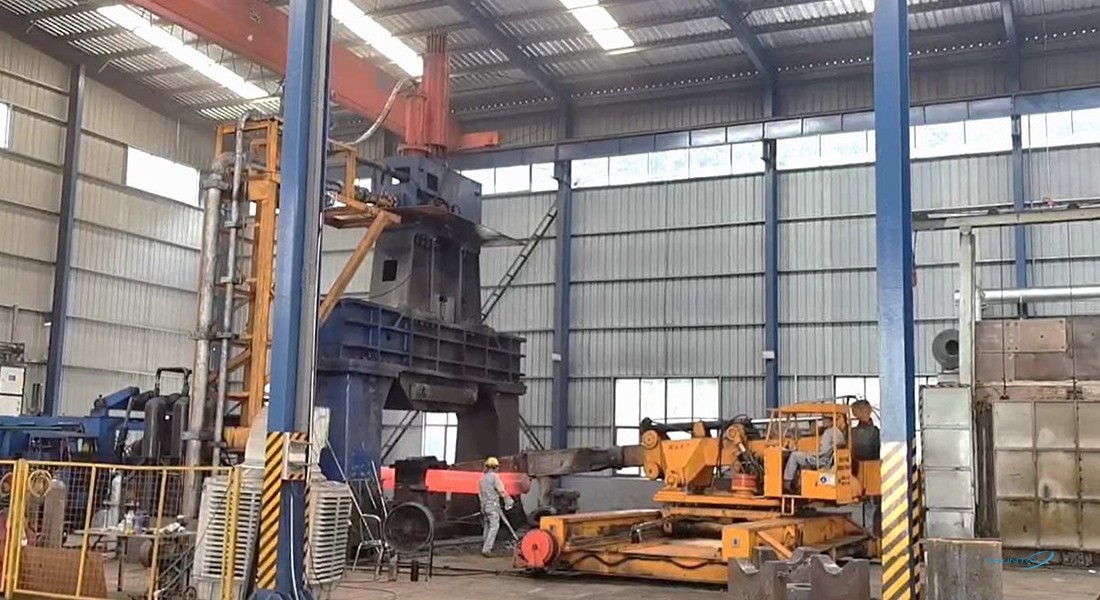
Forging is generally defined as the working of metal into a desired shape using compressive forces
Classification of forging production
1) Hot forging refers to the forging process in which the final forging temperature is higher than the recrystallization temperature. Cold deformation strengthening and recrystallization exist simultaneously during the deformation process, which belongs to dynamic recrystallization.
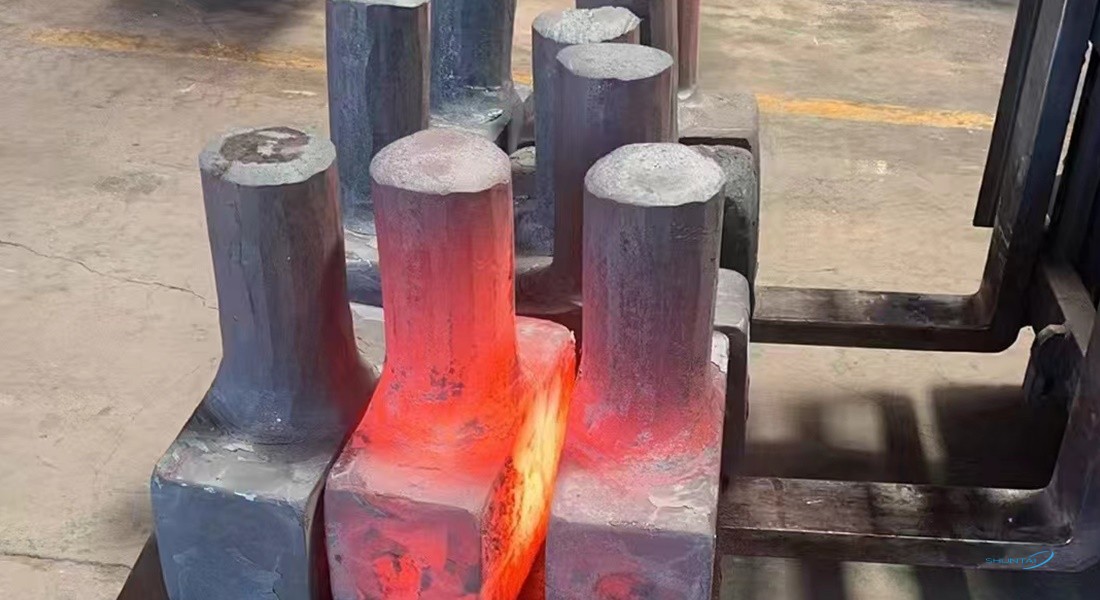
2) Cold forging refers to volume plastic forming at room temperature. It can avoid the defects caused by heating, with high precision and surface quality, high strength and hardness. However, it has high deformation resistance and requires large tonnage equipment. When multiple deformations are performed, recrystallization annealing and other auxiliary processes need to be added. It is mainly limited to the processing of thin and small parts of low-carbon steel, non-ferrous metals and their alloys. Its forming methods include solid part positive extrusion, hollow part positive extrusion, reverse extrusion, composite extrusion and upsetting. Cold-rolled screw rods, rolling of long screw rods, and cold-forging hexagonal bolts.
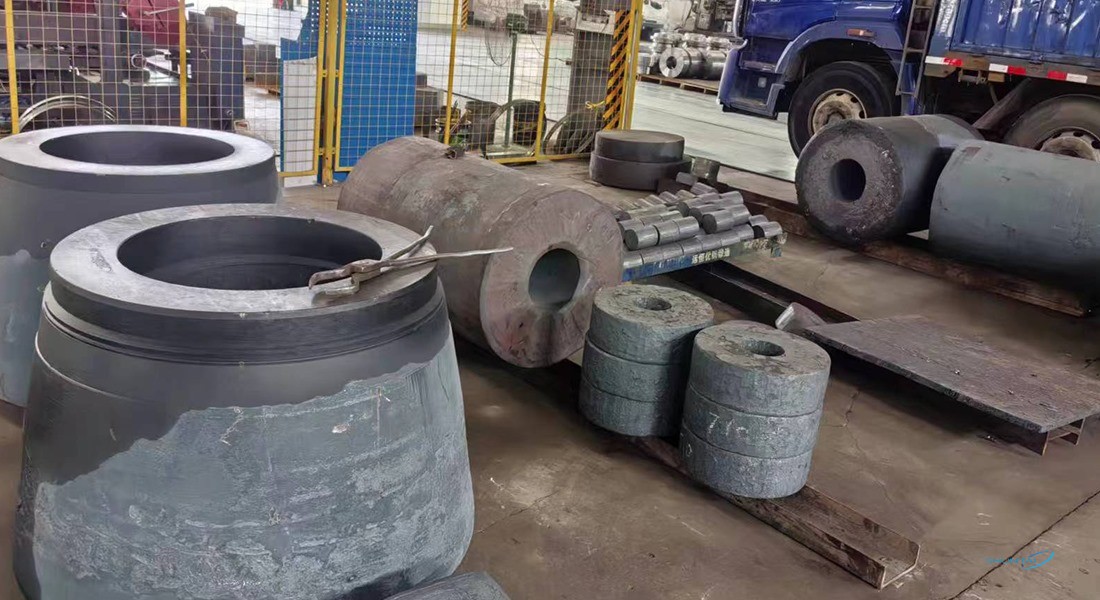
3) Warm forging: The metal deformation temperature of warm forging is within the temperature range below the recrystallization temperature and above the room temperature. Warm forging is a plastic forming process with little or no chipping.
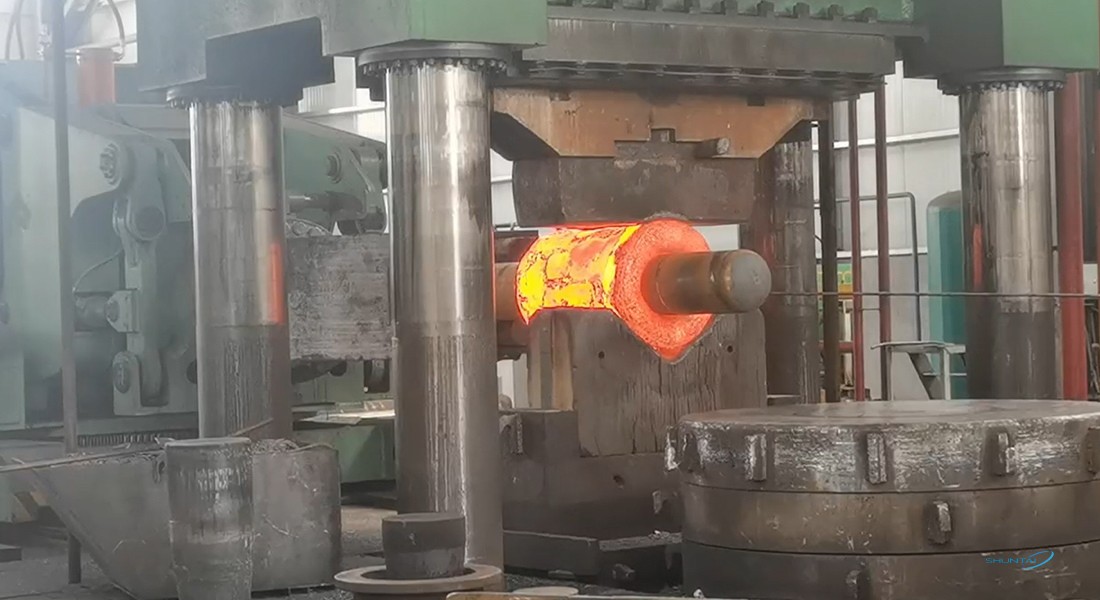
4) Isothermal forging refers to the fact that the mold and the blank must be kept at the same constant temperature. In order to achieve this requirement, the mold must be equipped with heating and insulation devices.
The initial recrystallization temperature of steel is about 727℃, but 800℃ is generally used as the dividing line. Forging above 800℃ is called hot forging; forging between 300 and 800℃ is called warm forging or semi-hot forging, and forging at room temperature is called cold forging. Forgings used in most industries are hot forgings, while warm forging and cold forging are mainly used for forging parts of automobiles, general machinery, etc. Warm forging and cold forging can effectively save materials.
According to the forming mechanism
Forging can be divided into free forging, die forging, ring rolling and special forging.
1) Free forging. It refers to the processing method of using simple general tools or directly applying external force to the blank between the upper and lower anvils of the forging equipment to deform the blank to obtain the required geometric shape and internal quality of the forging. Forgings produced by free forging are called free forgings. Free forging is mainly used to produce forgings with small batches. Forging equipment such as forging hammers and hydraulic presses are used to form the blanks to obtain qualified forgings. The basic processes of free forging include upsetting, drawing, punching, cutting, bending, twisting, displacement and forging. Free forging adopts hot forging.
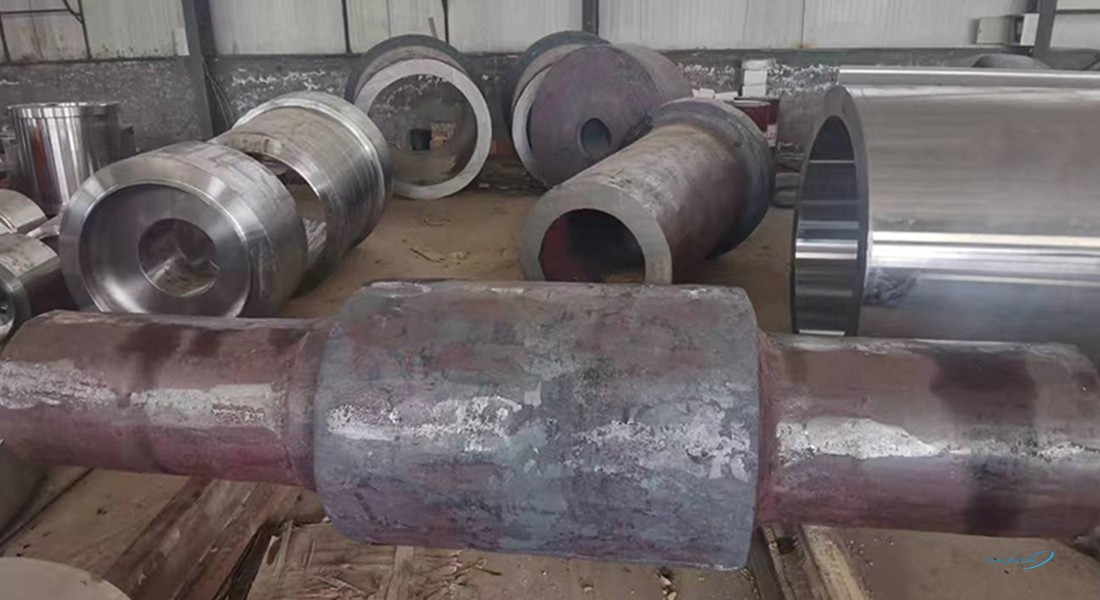
2) Die forging. Die forging is divided into open die forging and closed die forging.
The metal blank is compressed and deformed in a forging die with a certain shape to obtain a forging. Die forging is generally used to produce parts with small weight and large batches. Die forging can be divided into hot die forging, warm forging and cold forging. Warm forging and cold forging are the future development direction of die forging, and also represent the level of forging technology.
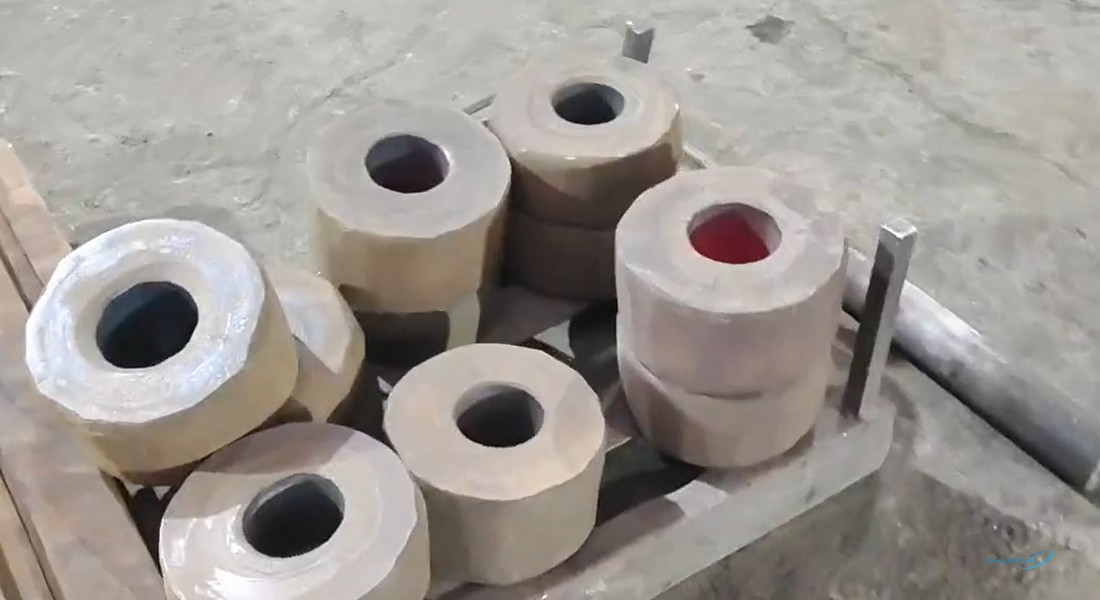
Forging pictures, finished product packaging

Contact Us
Tianlu Avenue, Lukou Street, Jiangning District, Nanjing
P: +86 17372250019 | E:rosyzhou@njstai.com
Office Hours: 8am to 6pm